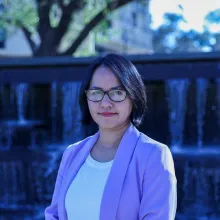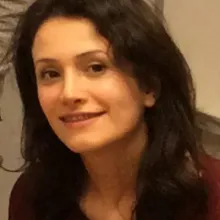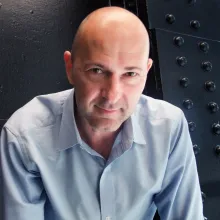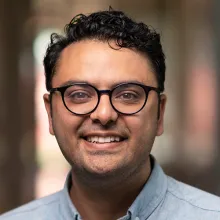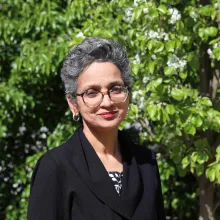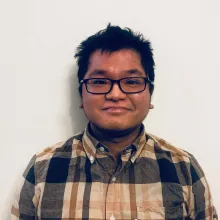
Novel technologies, innovation and society
About
‘Society’ and ‘technology’ have always evolved together, from Indigenous technologies and ancient knowledge systems to the growing prevalence of AI in our everyday lives. They shape one another, and as such when thinking about the future technological change and social change are inextricably intertwined.
Innovation is one significant source of change that is often celebrated as the outcome of human curiosity and ingenuity to solve problems or expand possibilities. Yet, history is full of examples where it also produced ‘unanticipated consequences’ that took decades to unfold, leaving deep marks on societies and the planet that we are still grappling with.
This research theme explores innovation in its broadest sense (across practices, cultures, and times) to understand how our imaginations, values, hopes and fears shape the technologies we create and use. It also explores how novelty is understood, communicated and narrated in private and public spaces, in order to investigate how claims about (dis)continuity across past, present and potential technological developments shape discussions about how innovation should be resourced and governed. Our aim is to open up new pathways for innovation that value equality, distribute power and responsibility, and support a sustainable planet.
By emphasising the importance of ‘dialogue’ among scientists, engineers, entrepreneurs, policymakers, communities and publics, we investigate how technological, socio-cultural, ethical, political and economic systems can be co-designed to structure transformative pathways for better futures. This requires a whole-system approach that recognises the deep interconnectedness of technologies and societies, ensuring that as we innovate, we do so ‘responsibly’.
Taking an empirical focus informed by conceptual depth, we explore diverse innovation ecosystems, from AI and biotechnology, to energy transitions and agrifood systems.
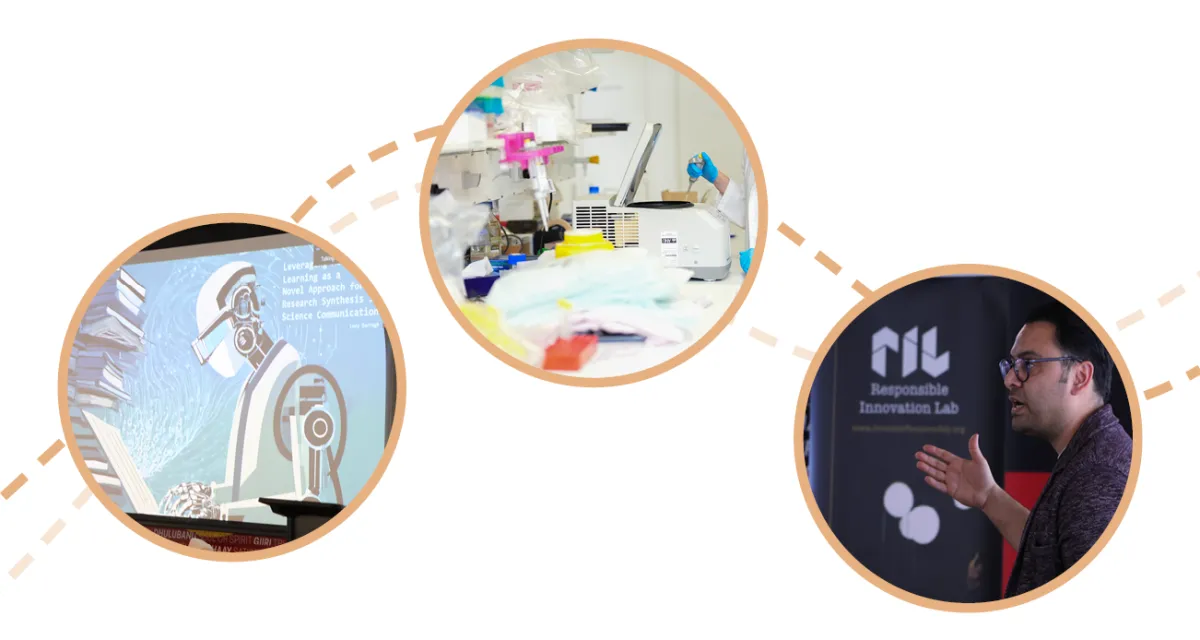
Key research questions include:
- What is a ‘novel’ technology, and what effects does claiming novelty generate?
- What is responsible innovation, and how can it be pursued through a whole-system approach?
- How do social, technical, political and economic contexts shape what counts as responsible innovation across cultures and scientific practices?
- What can we learn from irresponsible innovations?
- How should innovation be directed to serve both society and the planet?
- How and where should we intervene within innovation ecosystems to support responsible innovation?
- What tools and frameworks can facilitate dialogue between and among the diverse groups involved in, and impacted by, innovation?
- Whose labour is rendered invisible in the pursuit of innovation, and who bears the burden of making that innovation “responsible” and/or environmentally sustainable after the fact?

